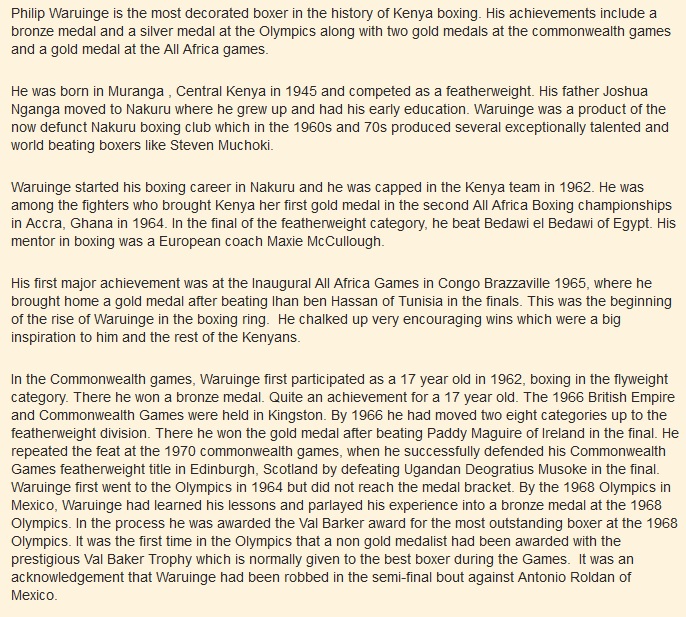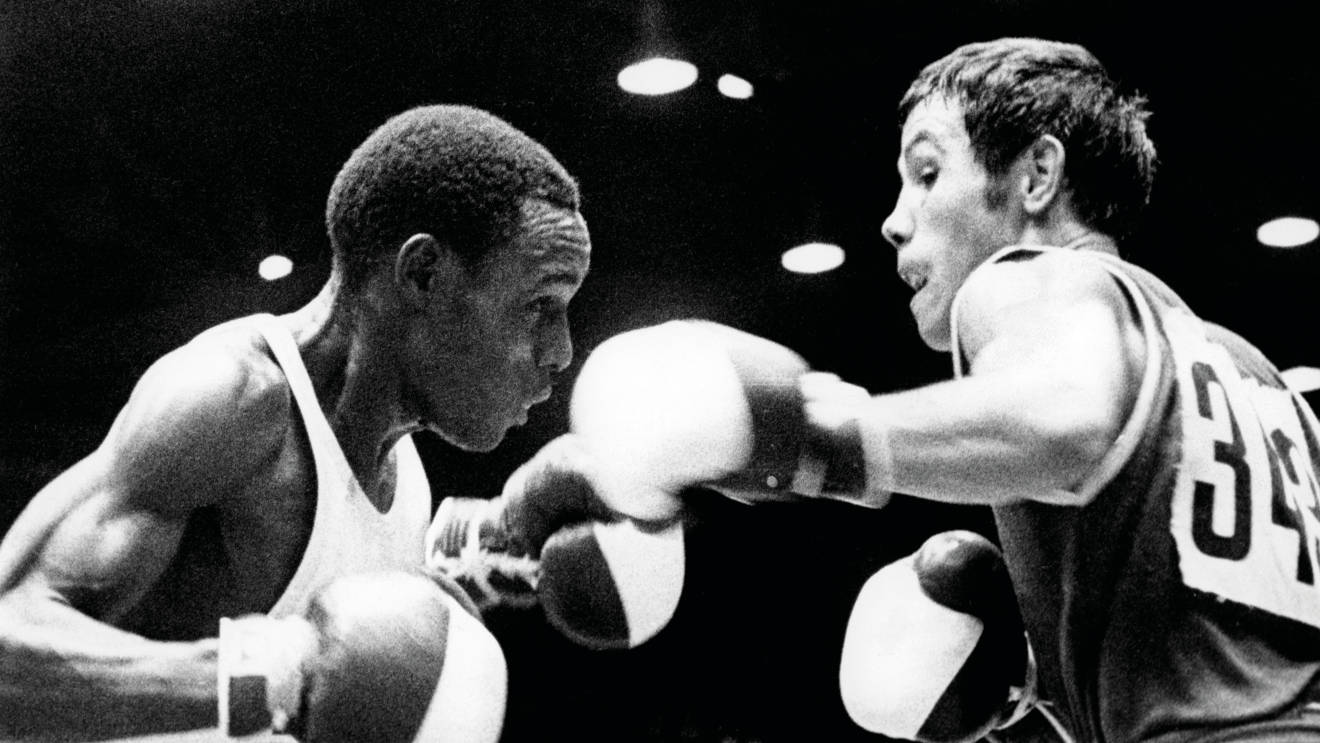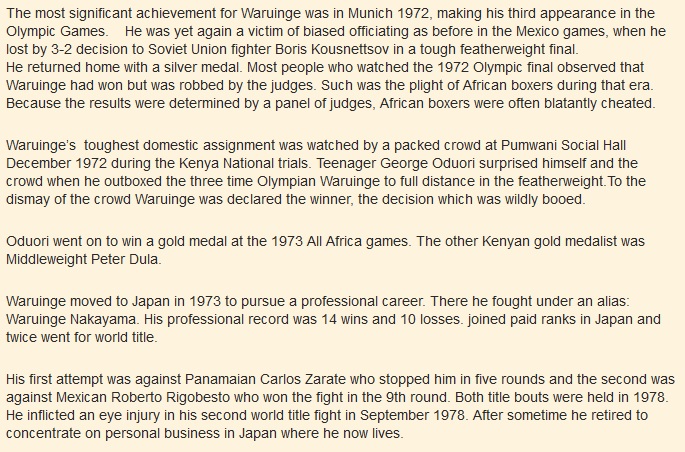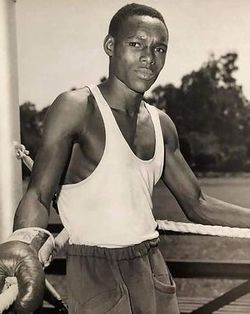



Waruinge died in his sleep aged 77 years. On Wednesday (October 19, 2022) at 2 am in Nakuru. His wife, Mary Ndeti, said Waruinge had been sick for quite sometime, battling an illness that Doctors could not diagnose. Waruinge is survived by four children — Lucy, Nancy, Andrew and Tom – and several grandchildren and great grandchildren.
| Kenya Boxing Page |


HOW DID PHILIP WIN THE BRONZE MEDAL IN 1962 COMMONWEALTH GAMES AS STATED? MY DAD MICK PYE WON THE BRONZE MEDAL IN 1962 IN PERTH.
bronze medals always won by two boxers in the games
In boxing it was decided to award bronze medals to both losing semi-finalists rather than make them box for the bronze medal.
Hello, I did a follow up news feature profile article about the legendary boxer Philip Waruinge. The story was published at Kenya’s Standard newspaper of July 20, 2013 and here is the link.
(http://www.standardmedia.co.ke/m/story.php?articleID=2000088821&story_title=Former-professional-boxer-Waruinge-struggling-to-survive)